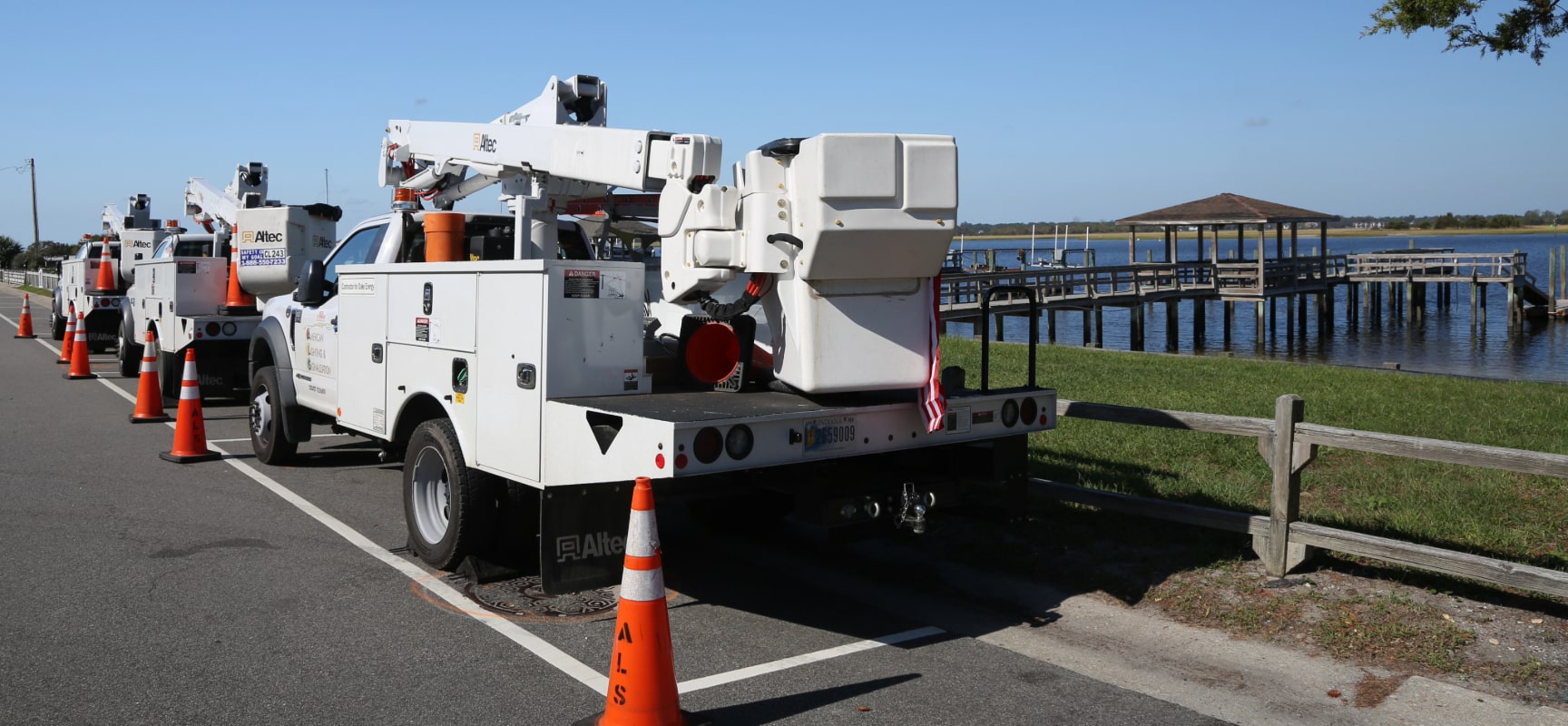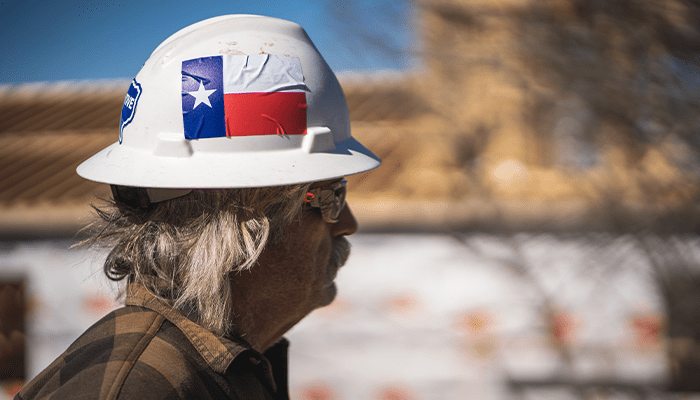
Navigating the Hardening Auto Insurance Market: Insights for the Energy Sector
As we navigate the second quarter of 2024, a significant trend impacting the energy sector is the hardening auto insurance market. This development is pushing even the best-in-class performers to seek alternative risk transference solutions, with group captives emerging as an ever-viable option.
The auto insurance market has been experiencing a notable shift. Increasing claim costs, driven by rising repair expenses, higher medical costs, and nuclear verdicts, have contributed to this hardening. Additionally, advancements in vehicle technology, while improving safety, have led to more expensive repairs. Insurers are responding to these pressures by tightening underwriting standards and increasing premiums. For middle-market energy companies, the hardening auto insurance market presents unique challenges. These companies often rely heavily on vehicle fleets for their operations, making them particularly vulnerable to rising insurance costs. The increased premiums can strain budgets, affecting overall profitability and operational efficiency.
Affected by the hardening auto insurance market? Contact us today to discuss your specific needs and explore available options.
In response to these challenges, many energy sector companies are exploring group captives as an alternative risk transfer mechanism. Group captives allow companies to pool their risks, gaining greater control over their insurance programs and potentially reducing costs. This approach not only provides cost savings but also fosters a collaborative environment where best practices in risk management can be shared.
Benefits of group captives include
- Cost Control: by pooling risks, companies can achieve more stable and predictable insurance costs, mitigating the impact of market volatility.
- Enhanced Risk Management: group captives often incentivize improved risk management practices among members, leading to fewer claims and lower overall costs.
- Tailored Coverage: participants in a group captive can tailor coverage to better meet their specific needs, rather than relying on one-size-fits-all policies from traditional insurers.
- Profit Sharing: successful management of risks within a group captive can lead to profit sharing among members, adding a financial incentive to maintain high standards of safety and risk management.
The hardening auto insurance market poses significant challenges for the energy sector, but it also opens the door to innovative solutions like group captives. By exploring these alternatives, middle-market energy companies can better manage their risks, control costs, and enhance their overall operational resilience. As we continue to monitor these trends, staying informed and proactive will be key to navigating the evolving insurance landscape.
Featured News & Insights

In New Mexico, proposed changes to the plugging and abandonment (“P&A”) bonding requirements are a hot topic across the oil and gas industry. While these changes may be intended to reduce the number...

The Occupational Safety and Health Administration (OSHA) sets the standards for ensuring safe and healthful working conditions across the United States. But when an OSHA citation lands on your desk,...

Texas is unusual in that most private employers can choose not to participate in the state's workers' compensation system. These employers are called non-subscribers. Since they operate outside the...